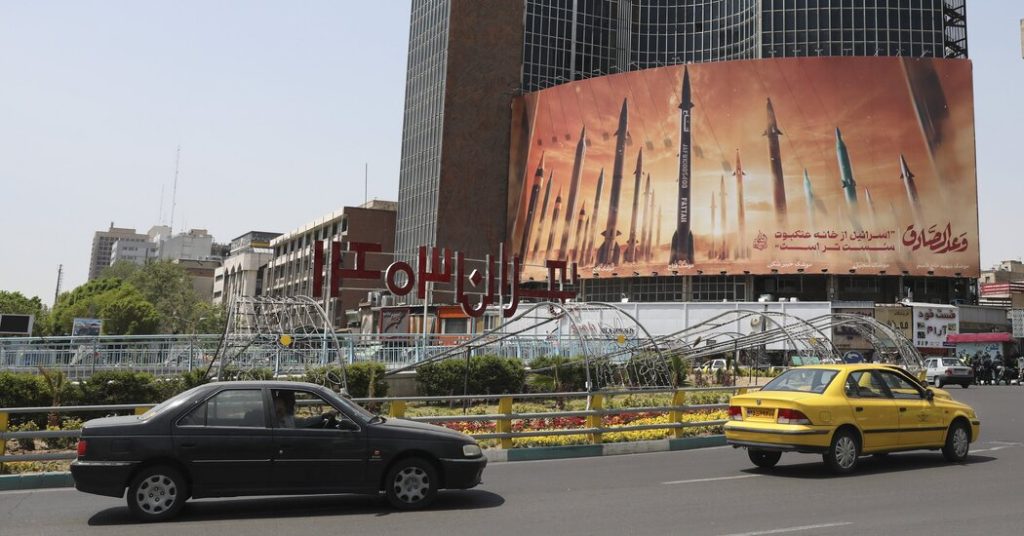The recent escalation of conflict between Israel and Iran has raised concerns about a more direct and risky confrontation, following a massive Iranian assault on Israel over the weekend. Despite the attack, Israel has not yet responded, with some politicians calling for immediate retaliation to maintain deterrence. However, there are differing opinions within the Israeli government on the best course of action, considering the potential impact on relations with the U.S. and the risks of fighting two wars simultaneously. Several options are being considered, with the situation evolving and remaining uncertain.
The type of response from Israel is crucial, as it could either escalate or de-escalate the conflict and impact relations with Arab nations critical of Israel’s actions in Gaza. While there is a possibility of a return to the usual shadow war tactics between Israel and Iran, the recent direct confrontation has added a new dimension to their long-running conflict. The weekend attack by Iran, in retaliation for Israeli actions in Syria, highlighted Iran’s willingness to directly confront Israel and challenge previous norms of engagement through proxies like Hezbollah.
Iran’s strikes, although inflicting limited damage, were seen as a domestic and diplomatic victory for Iran, allowing the country to portray itself as standing up to Israel and protecting the Muslim world. The attack also reassured Iran’s allies and proxies in the region while challenging Arab leaders who criticize Israel without taking direct action. The involvement of at least one Arab country, Jordan, in repelling the Iranian strikes underscores the complex dynamics at play in the region, where shared concerns about Iran have led to increased military coordination between Israel and some Arab nations.
Despite the diplomatic implications of the conflict, analysts suggest that the recent events could potentially pave the way for greater regional cooperation against Iran and its proxies. Israel’s acceptance in the Middle East, despite plummeting reputation due to the Gaza war, could be enhanced by Arab cooperation in repelling Iranian attacks. There are hopes that the involvement of Arab countries in protecting Israel against Iran could lead to renewed efforts to establish ties between Israel and Saudi Arabia, which have been hindered by the ongoing conflict in Gaza and differing stances on Palestinian issues.
The role of the United States is seen as crucial in fostering regional diplomatic ties and addressing security concerns related to Iran. However, establishing formal relations between Israel and Saudi Arabia may depend on progress in resolving the Palestinian issue, a key obstacle to regional cooperation. While there is optimism that recent events could lead to enhanced regional collaboration, challenges related to the Palestinian question remain, highlighting the complexities and interconnections of conflicts in the Middle East. As the situation continues to evolve, the next steps in the conflict and the potential impact on regional dynamics remain uncertain.


